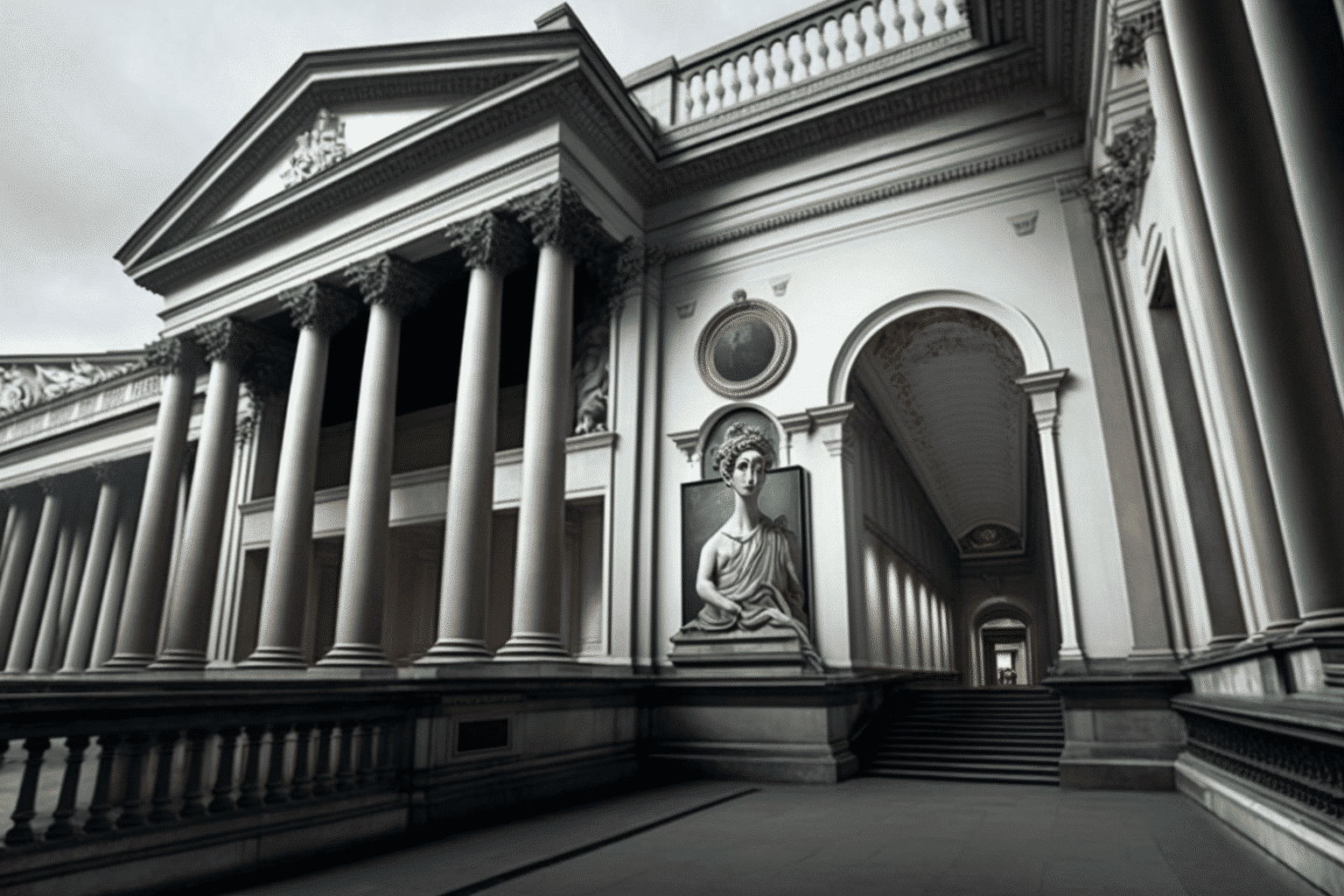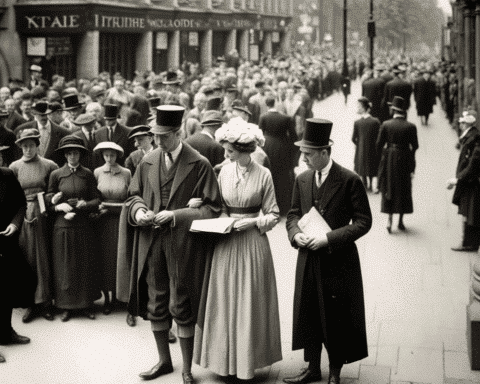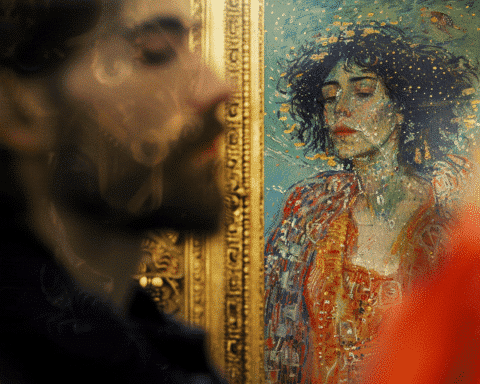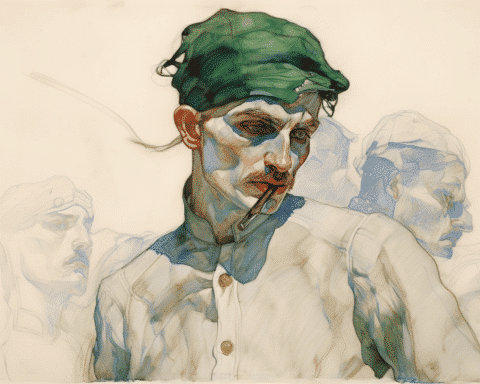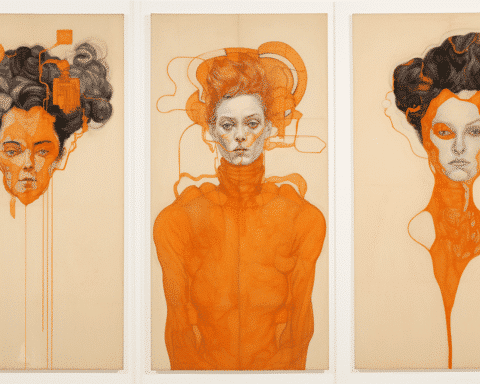A 19th-century painting confiscated by the Nazis will be returned to the original Jewish owner’s descendants by the Fitzwilliam Museum.
According to a government panel’s findings, the oil landscape, crafted by French realist Gustave Courbet, was taken from Robert Bing in occupied Paris in 1941 due to his Jewish heritage. The panel recommended that the University of Cambridge’s Fitzwilliam Museum return the painting to Bing’s descendants.
The museum’s spokesperson confirmed they would comply with the recommendation.
The Spoliation Advisory Panel, consisting of judges and historians who examine claims for items stolen by the Nazis, conducted the report on the painting. Their findings revealed that the 1862 artwork, La Ronde Enfantine, depicting a forest scene, was confiscated from Bing’s apartment in May 1941.
Two men from the Einsatzstab Reichsleiter Rosenberg (ERR), a German task force assigned to seize cultural assets in occupied territories, removed the painting. Bing later joined the French Resistance and was awarded the Croix de Guerre medal.
‘Acted Honorably’
The report stated: “This is a deliberate seizure by the German authorities from a Jewish citizen of France with the diversion of the work of art to Nazi leaders. No reason for seizure other than the Jewishness of Mr. Bing has appeared to explain this seizure.”
In 1951, now-defunct London art dealer Arthur Tooth and Sons acquired the painting from a Swiss dealer. The same year, the Very Reverend Eric Milner-White, Dean of York, purchased it and subsequently donated it to the Fitzwilliam Museum, where it is currently stored.
The panel’s report emphasized that “there is no criticism of the museum or the original donor, the Very Reverend Eric Milner-White, who have acted honourably.” It added, “The museum has cared for the work so that it can now be restored to the original owners’ heirs.”
The Fitzwilliam Museum’s decision to return the stolen artwork to the descendants of Robert Bing demonstrates a commitment to rectifying historical injustices and addressing the lasting impact of Nazi art theft. This case highlights the importance of the work done by the Spoliation Advisory Panel in investigating and resolving claims related to Nazi-looted art. As museums and other cultural institutions continue to confront the complex legacy of stolen artworks, cases like this exemplify how collaboration and transparency can restore cultural heritage to its rightful owners.
